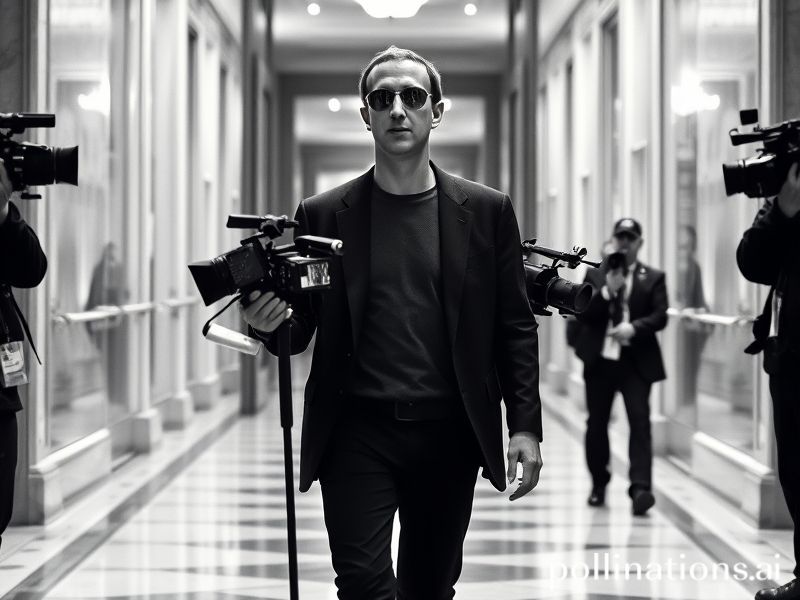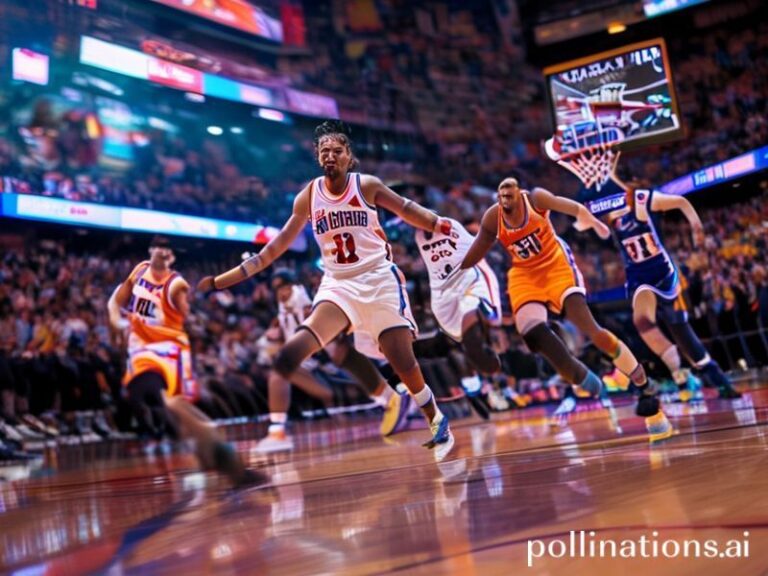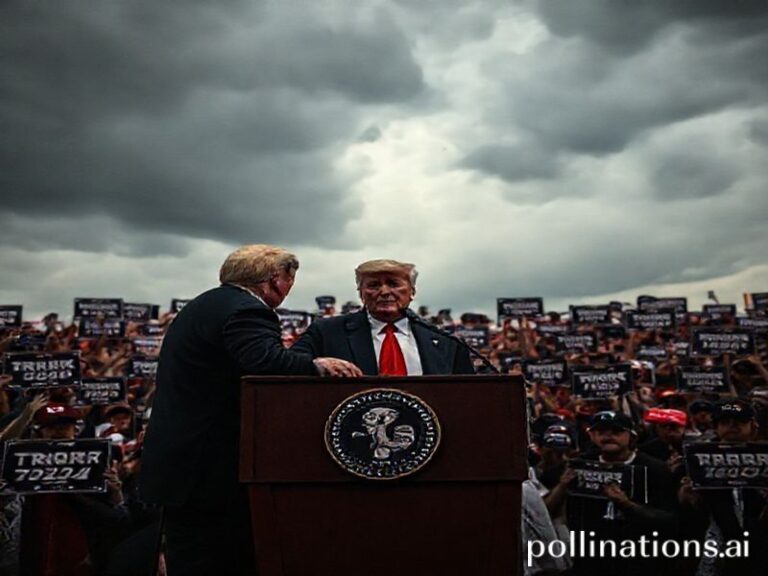Zuckerberg Without Borders: How a Dorm-Room Prank Became the World’s Accidental Government
Mark Zuckerberg, the world’s most famous hoodie-wearing billionaire, has spent the last decade auditioning for the role of “global sovereign by accident.” From Nairobi to Naples, his creation—Facebook, now the overfed parent Meta—has become the de-facto public square, confession booth, and riot-inciter rolled into one blue-branded burrito. At Davos they still call him “Mr. Zuckerberg” with the same hushed reverence usually reserved for popes and bond markets, which is fitting: both institutions also sell indulgences.
The global implications are almost comically oversized. In Myanmar, Facebook’s algorithmic ardor for outrage helped goose a genocide; in India, WhatsApp forwards have turned lynch mobs into a sort of grotesque flash-mob performance art; in Brazil, a single day’s tweak to the News Feed nudged an election more decisively than any champagne-soaked campaign strategist ever could. All of this engineered by a man who once compared user trust to “dumb f*cks” in a dorm-room chat log—an eternal reminder that every empire begins as a frat prank that got out of hand.
Europe, ever the continent that enjoys lecturing Silicon Valley between bites of foie gras, has tried to leash the beast. The EU’s Digital Services Act now treats Zuckerberg like an unlicensed emperor: pay per violation, submit audits, explain why Aunt Helga’s vaccine conspiracy keeps popping up between ads for hiking boots. Brussels bureaucrats savor the irony—finally, an American export they can tariff. Meanwhile, African regulators, juggling bandwidth prices higher than a Swiss mortgage, simply ask for a cut of the ad revenue; call it the “colonialism 2.0 convenience fee.”
Not to be outdone, China has built its own parallel universe where Zuckerberg is a non-person and TikTok is king. The Great Firewall has become a kind of moral funhouse mirror: the West accuses Beijing of censorship while Beijing waves back, “At least we don’t let a Palo Alto sophomore decide what 1.4 billion people see before breakfast.” It’s geopolitical shadow-boxing performed with perfect deadpan.
Yet the man himself keeps pivoting, like a ballerina on a Roomba. First, he wanted to give India “Free Basics,” a philanthropic-sounding walled garden that looked suspiciously like a data strip-mine wearing a sari. Then came the metaverse, a place where you can strap a toaster to your face and pretend the real world isn’t on fire—virtual reality for people who find actual reality too on-the-nose. Investors responded by sending Meta’s stock into a nosedive deep enough to trigger frequent-flyer miles. Undeterred, Zuck doubled down, commissioning legless avatars that look like rejected Muppets; somewhere, a Pixar animator is quietly weeping into a trust fund.
Meanwhile, the Global South keeps logging on. In Jakarta traffic jams, Go-Jek drivers scroll Facebook Reels between fares, their eyeballs monetized at roughly one-tenth the value of a bored Norwegian teenager’s. In Lagos, small businesses survive on WhatsApp catalogs, proving that even a data-hungry juggernaut can accidentally become micro-infrastructure. The moral, if you squint: every empire exports its neuroses, but occasionally it also ships a working cash register.
And so we arrive at the grand punchline: Mark Zuckerberg, the awkward emperor of the infinite scroll, now finds himself managing not merely a company but the emotional weather system of eight billion moods. His greatest product was never a social network; it was the normalization of trading privacy for dopamine at planetary scale. The world signed the user agreement without reading the fine print—because, honestly, who has the attention span after the third push notification?
In the end, the joke is on all of us. We mocked the kid who never blinked on stage, but we kept handing him our family photos, our election anxieties, our late-night conspiracy spirals. The algorithm learned to mirror our worst impulses, then sold the reflection back as engagement. Somewhere in Menlo Park, servers hum a lullaby of likes, shares, and the gentle ping of another democracy hitting refresh. And Zuckerberg—hoodie zipped, eyes wide—keeps scrolling right along with us, searching, perhaps, for the off switch he forgot to install.







